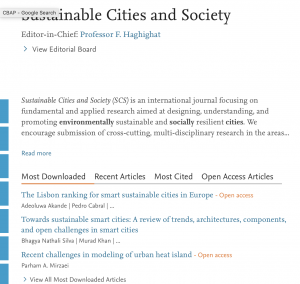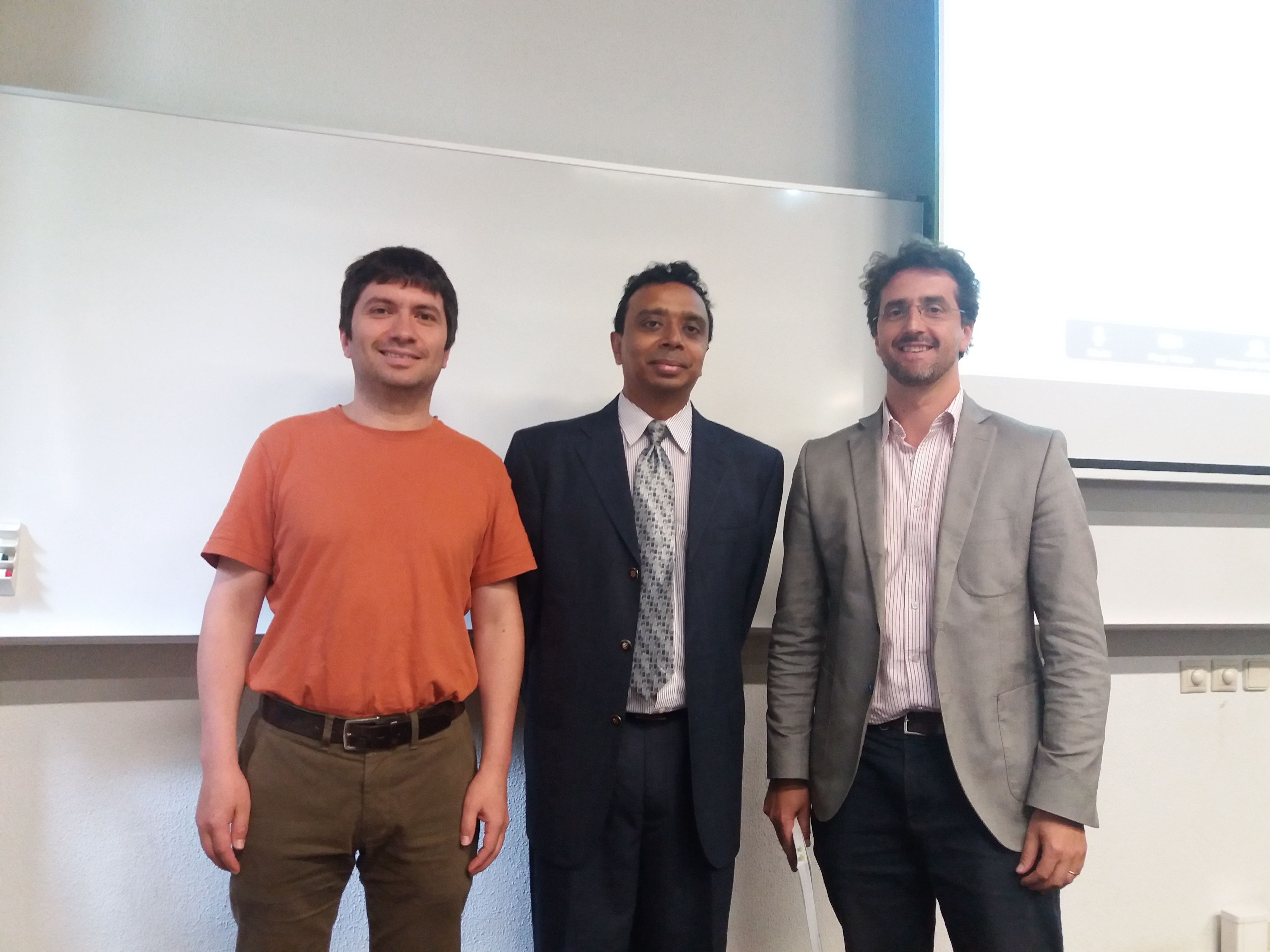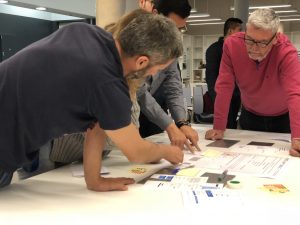Three months after publication, the paper “The Lisbon ranking for smart sustainable cities in Europe”, by GEO-C fellow Adeoluwa Akande and co-authors Pedro Cabral, Paulo Gomes and Sven Casteleyn (GEOTEC), is now the most downloaded paper (in the last 90 days) of the journal “Sustainable Cities and Societies”.

The paper ranks European capital cities according to their smartness and sustainability, based on a systematically reduced – using multivariate statistics – set of indicators originating from the UNECE / ITU framework into a single score, and using publicly available Eurostat data. Based on the ranking, some interesting observation can be made. The ranking shows a geographical divide among northern and western cities, performing better, and eastern cities, performing worse. A correlation between wealth and smartness/sustainability was also uncovered: wealthier cities perform better than poorer cities. A final interesting observation is that there is no correlation between a city’s population/size and its ranking. Many other interesting observations were made; if interested, you can find the full article here: https://www.sciencedirect.com/science/article/pii/S2210670718308138
Congratulations to Adeoluwa and team, keep up the good work!







